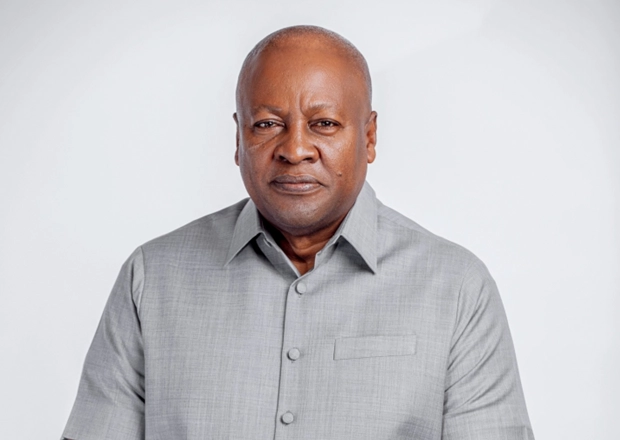President John Dramani Mahama has issued a stern warning to social media influencers and content creators in Ghana, particularly those operating on platforms like TikTok, regarding the potential legal ramifications of inflammatory and inciteful online commentary. During a media interaction, President Mahama expressed his concern about the escalating trend of hate speech and incitement to violence disseminated through these digital channels, labeling some of these individuals as “criminals.” He emphasized the need to hold these influencers accountable for their utterances, asserting that their actions can have serious consequences for national peace and security. The President’s remarks come amidst a growing awareness of the power of social media to influence public opinion and potentially ignite conflict. He specifically cited instances of inflammatory commentary surrounding inter-communal tensions in Bawku and the Gonja-Brefo conflict, where online rhetoric has exacerbated existing divisions and fueled hostility.
President Mahama highlighted the evolving media landscape, where the rise of new media platforms like TikTok, Facebook, and X (formerly Twitter) has presented new challenges to regulating information dissemination. Unlike traditional media outlets with established corporate identities and codes of conduct, these digital platforms offer a degree of anonymity and freedom that can be easily exploited to spread misinformation and incite violence. He argued that the traditional understanding of journalistic accountability, applicable to established media houses, is no longer sufficient to address the challenges posed by the unregulated nature of the new media. The President stressed the urgency of establishing clear regulations for these online spaces to prevent them from becoming breeding grounds for hate speech and misinformation, potentially leading to national instability.
To address this emerging threat, President Mahama revealed that the National Signals Bureau (NSB) has been empowered with the technological capability to track down individuals engaging in hate speech and online incitement. He warned that the NSB will leverage IP tracking technology to identify those responsible for such content and bring them to justice under the Criminal Code. This proactive stance signals the government’s commitment to enforcing accountability in the digital sphere and preventing online platforms from being used to incite violence or spread harmful misinformation. The president’s clear message is that online anonymity will no longer shield individuals from the consequences of their actions. He emphasized that freedom of speech is not absolute and does not extend to inciting violence or spreading hatred.
The President’s concern extends beyond generalized pronouncements and focuses on specific individuals whose online activities have drawn attention for their inflammatory nature. He specifically referenced prominent social media figures in Ghana, including Ghana Jollof, Afia Schwarzenegger, Nana Ba the Traveller, and Fante Comedy, as examples of individuals whose online commentary has often crossed the line into hate speech and incitement. These individuals, known for their provocative and often controversial pronouncements on social media, particularly TikTok, have been urged to exercise caution and responsibility in their online discourse. While President Mahama acknowledges the importance of freedom of expression, he emphasized that this freedom comes with responsibilities, particularly in the context of a nation striving to maintain peace and stability.
President Mahama illustrated the potential dangers of unregulated online speech with a specific example of a disturbing TikTok commentary following the Ghana Armed Forces helicopter crash near Obuasi. The commentary, which expressed callous indifference towards the victims and even contained hateful and disrespectful remarks, highlighted the potential for social media to amplify insensitivity and further traumatize those affected by tragedies. The President condemned such pronouncements, emphasizing that such actions not only demonstrate a lack of empathy but also contribute to a climate of negativity and division. He stressed the importance of promoting responsible online behavior and discouraging the spread of hateful and insensitive content.
The President’s overarching message underscores the government’s commitment to regulating the new media landscape in Ghana to ensure responsible online behavior. He affirmed that the NSB has been granted full authority to pursue and prosecute those engaging in hate speech and online incitement. This decisive action signifies the government’s recognition of the potential for unregulated online spaces to destabilize national peace and security. President Mahama aims to strike a balance between protecting freedom of expression and preventing its misuse to incite violence and spread hatred. His message is a clear call for responsible online engagement and a warning that those who exploit digital platforms to promote violence and division will face the full force of the law.


